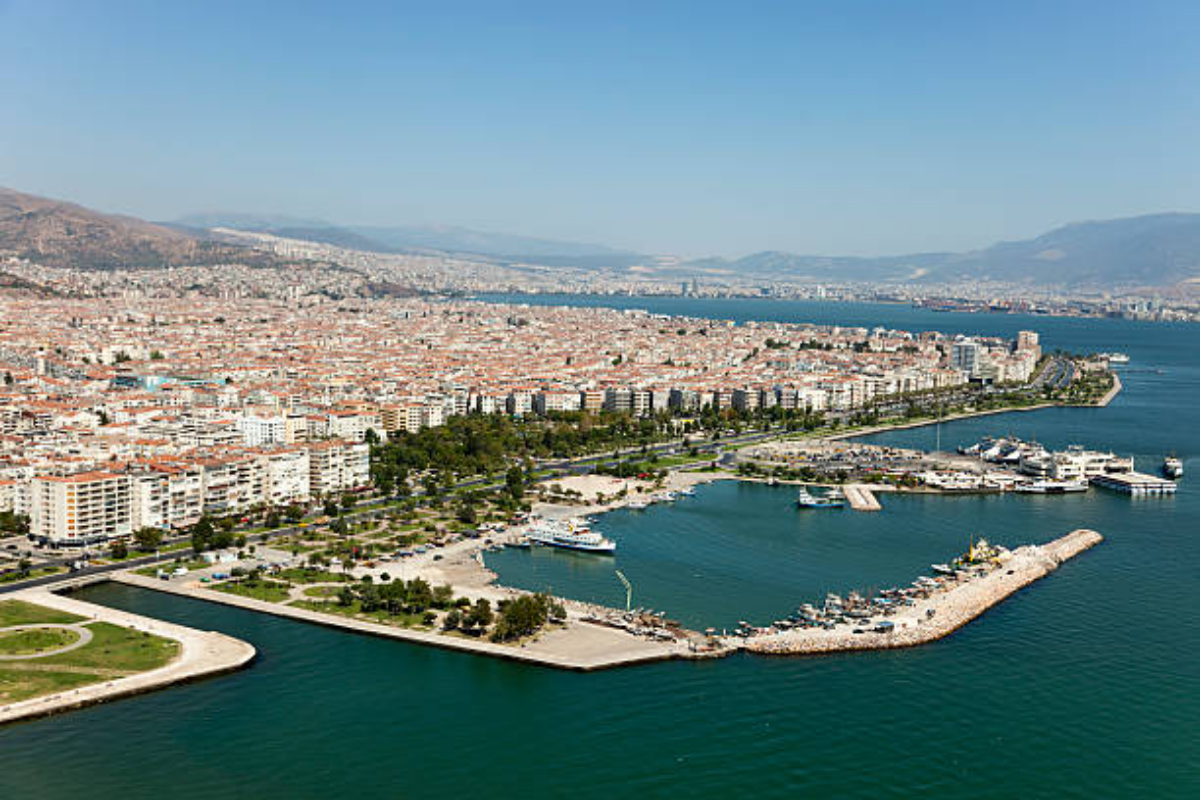Navigating the Roads in Turkey: A Guide to Turkish Traffic Rules

1. Driving License and Vehicle Requirements: Before hitting the road in Turkey, make sure you have a valid international driving license or a Turkish driving license if you're a resident. Additionally, ensure your vehicle is in good working condition and has all the necessary documents, including insurance and registration.
2. Speed Limits: Turkish speed limits are typically as follows:
- 50 km/h (31 mph) in residential areas
- 90 km/h (56 mph) on rural roads
- 120 km/h (75 mph) on highways
Always obey posted speed limits, and be aware that speed cameras are common.
3. Seat Belts: Wearing seat belts is mandatory for all passengers in a vehicle. Failure to do so can result in fines.
4. Mobile Phones: Using a mobile phone without a hands-free device while driving is prohibited. Ensure your phone is safely stowed or use a hands-free kit.
5. Alcohol Limits: The blood alcohol limit for drivers in Turkey is 0.05%. It's best to avoid alcohol altogether when driving.
6. Right of Way: In general, vehicles approaching from the right have the right of way at intersections. However, it's essential to follow traffic signs and signals, which may indicate otherwise.
7. Overtaking: Overtaking is only allowed on the left, and you should use your turn signals to indicate your intention to overtake. Be cautious and only pass when it's safe to do so.
8. Traffic Lights and Signals: Obey traffic lights and signals without exception. Red means stop, yellow means slow down, and green means go.
9. Roundabouts: When approaching a roundabout, yield to vehicles already inside the circle. Use your indicators to signal your exit.
10. Parking: Parking regulations vary by location, so be sure to check for signs indicating where parking is allowed. In some areas, you may need to purchase a parking ticket.
11. Emergency Services: In case of an emergency, dial 112 for medical assistance and 155 for the police.
12. Road Signs: Familiarize yourself with Turkish road signs, as they may differ from those in your home country.
13. Road Conditions: Be prepared for varying road conditions, especially in rural areas. Some roads may be narrow, winding, or in need of repair.
14. Toll Roads: Turkey has a network of toll roads. Keep some cash or a credit card handy for toll booths.
By following these traffic rules and guidelines, you'll ensure your safety and the safety of others on the road while enjoying your journey through Turkey. Safe travels!










